Dark Academia Moodboard☂️.



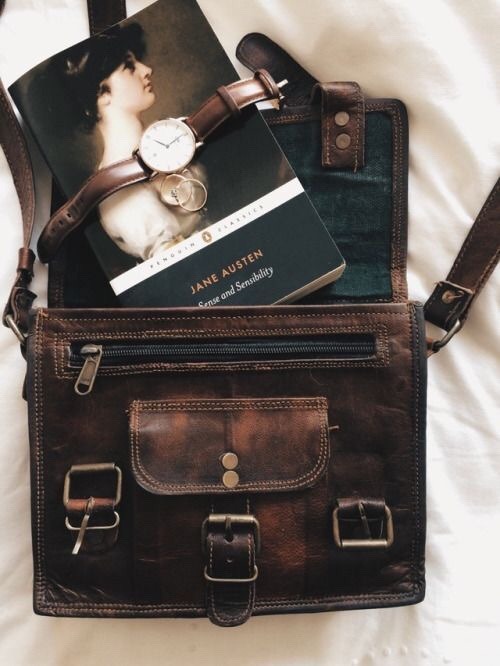
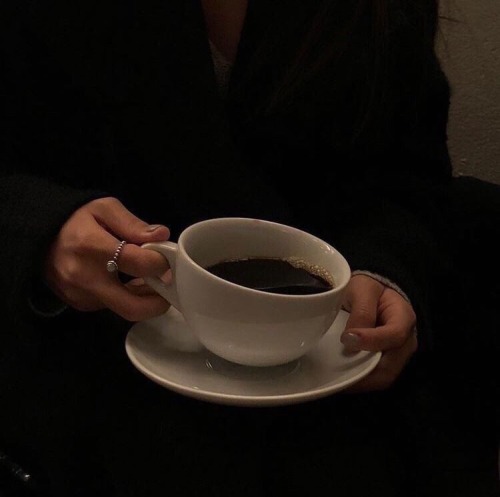
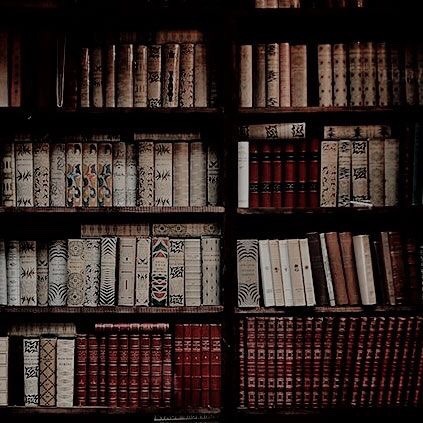
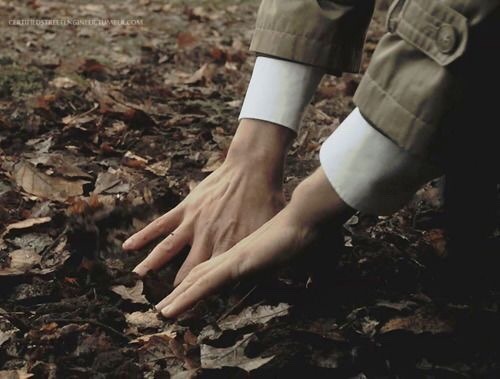
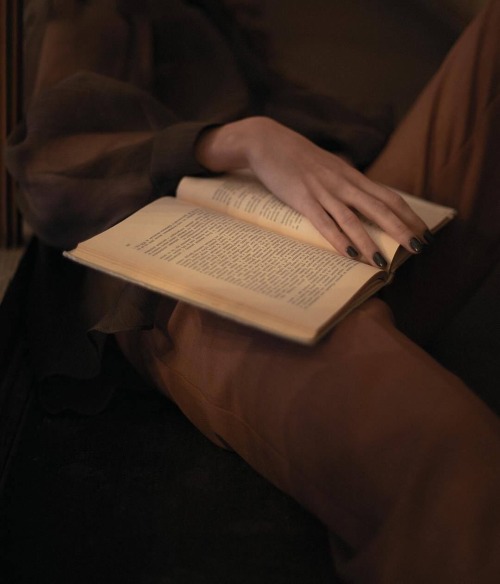

Dark Academia Moodboard☂️.
More Posts from Alittleanxiousbadger and Others



by Riiiiiii

a college au scully!! ✨💫


My aesthetic is just a village homemaker with the dress sense of a depressed university student and an uncontrollable book addiction .

The Elder and Young tom
i don't believe that you become a witch. it was within and around you all along.
every time you'd collect rocks as a child, or spoke to the moon when you needed comfort, or even when that warm, tingling sensation would hit you while walking in the woods. it was always the little things that didn't quite make sense.
it was calling to you, remember that. you're no less just because you figured it out later.
Tasseography
•Tea leaf reading•
You might be wondering where this unusual form of divination came from, so here’s a short history on tasseography. Shortly after tea was introduced to Europe, tea leaf reading, as it’s now recognized, was born. Similar divination tools had been used with an assortment of other materials. The art of tea leaf reading spread through Europe, and is now practiced throughout the world.

Doing a tea leaf reading involves you indulging in a delicious cup of tea and putting your sharp intuitive skills to work. After you enjoy your warm cup of loose leaf tea, you’ll leave the loose tea leaves at the bottom, where some of these leaves will form symbols, each having their own meaning. That’s where your keen intuitive abilities come in! Anyone can see a triangle at the bottom of a teacup, but your job is to intuit what it means for you or the person you’re reading for.
WHAT YOU NEED FOR A TEA LEAF READING
Tea cup with a wide brim that’s light enough to easily see your tea leaves.
Saucer
Loose leaf green or black tea, preferably organic.
Napkins
Pen and paper
Water

HOW TO PERFORM A TEA LEAF READING
1. BREW YOUR TEA
Gather all of your materials. Boil your water. Place about a teaspoon of loose tea in your cup. Pour your water in and steep tea to your preference.
For the next 3 steps, if you’re doing a reading for someone else, have them do the following steps.
2. SIP & SWIRL
Before you take your first sip, gently swirl tea counter clockwise three times. Sip and enjoy your tea, but don’t drink it all! When there’s about 1 tablespoon of tea left in your cup, swirl it again 3 times counter clockwise and think about or speak your query aloud.
3. CREATE YOUR TEA READING CANVAS
Turn your cup upside down onto your saucer to remove the remaining water, allow it a minute or so to drain, then turn it back up right.
4. LOOK FOR SYMBOLS
Look over your loose leaf tea pieces and see if any symbols or shapes jump out to you immediately. Don’t fret if you don’t see anything immediately, similar to scrying with a crystal ball, it can take some time for imagery to form for you. Try looking at the inside of the cup from different directions to see shapes. Keep in mind the images formed are formed from tea leaves, so you will really need to use your imagination.
5. RECORD & DECIPHER YOUR FINDINGS
If you do start to see some shapes, begin writing them down on your piece of paper so you can decipher them later, note where in the cup they are too. Now you’re ready to decipher your findings! Here’s a guide for the most common symbols found during tea leaf readings:

6. UNDERSTAND THE TIMELINE
Where your tea leaves are situated in your cup relate to when they will happen. This is why some of the tea leaf reading cups you find have circles inside of them. Timing is broken into thirds as follows:
Bottom third: farthest away from happening, think 3-5 years out.
Top third: will be happening in the near future, think within the next few weeks.
Middle third: will happen in about a year from now.

7. FORM YOUR READING
Like most divination tools, a honed intuition is key for success, so be sure to lean on any gut instincts as you form the story for your reading. Once you understand the meaning behind the symbols it’s time to put all of the information into a story that makes sense for you or the person you’re doing a reading for.
🌙
𝔀𝓲𝓽𝓬𝓱𝔂 𝓪𝓬𝓪𝓭𝓮𝓶𝓲𝓪
Burning candles while you study.
Watching storms.
Wearing velvet.
Singing poems to yourself.
Writing calligraphy.
Wandering the graveyard.
Hidden coffee shops.
Misty afternoons.
Listening to the same songs on repeat.
Herbal tea.
Late night stargazing.
Cloak like jackets.
Feeling the presence of life in old buildings.
Being quietly strong.

Picnic frog

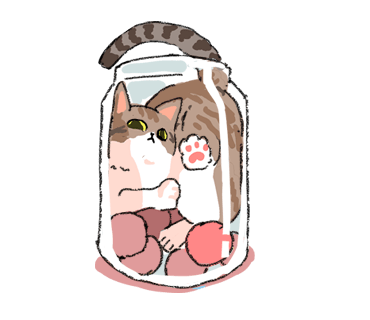

-
 veggiesforthelionking reblogged this · 7 months ago
veggiesforthelionking reblogged this · 7 months ago -
 justpassingbydonotmindme liked this · 8 months ago
justpassingbydonotmindme liked this · 8 months ago -
 lost-poets-poetry reblogged this · 10 months ago
lost-poets-poetry reblogged this · 10 months ago -
 lost-poets-poetry liked this · 10 months ago
lost-poets-poetry liked this · 10 months ago -
 pastel--lilac liked this · 11 months ago
pastel--lilac liked this · 11 months ago -
 bby9bear reblogged this · 1 year ago
bby9bear reblogged this · 1 year ago -
 bby9bear reblogged this · 1 year ago
bby9bear reblogged this · 1 year ago -
 sympathywiththought reblogged this · 1 year ago
sympathywiththought reblogged this · 1 year ago -
 pieces-of-my-peace-of-mind liked this · 1 year ago
pieces-of-my-peace-of-mind liked this · 1 year ago -
 paige-artt reblogged this · 1 year ago
paige-artt reblogged this · 1 year ago -
 lalalain reblogged this · 1 year ago
lalalain reblogged this · 1 year ago -
 lifelongblur reblogged this · 1 year ago
lifelongblur reblogged this · 1 year ago -
 easemymindzz reblogged this · 1 year ago
easemymindzz reblogged this · 1 year ago -
 ejtakesoff liked this · 1 year ago
ejtakesoff liked this · 1 year ago -
 crehate reblogged this · 1 year ago
crehate reblogged this · 1 year ago -
 de-launaie liked this · 1 year ago
de-launaie liked this · 1 year ago -
 ruins-of-her-peace liked this · 1 year ago
ruins-of-her-peace liked this · 1 year ago -
 thetriumphoftimeandtruth reblogged this · 1 year ago
thetriumphoftimeandtruth reblogged this · 1 year ago -
 moon-times reblogged this · 1 year ago
moon-times reblogged this · 1 year ago -
 helensantos230 liked this · 1 year ago
helensantos230 liked this · 1 year ago -
 academeia reblogged this · 1 year ago
academeia reblogged this · 1 year ago -
 yamilemariana liked this · 1 year ago
yamilemariana liked this · 1 year ago -
 severinwoolf reblogged this · 2 years ago
severinwoolf reblogged this · 2 years ago -
 severinwoolf liked this · 2 years ago
severinwoolf liked this · 2 years ago -
 catherinebronte reblogged this · 2 years ago
catherinebronte reblogged this · 2 years ago -
 catherinebronte liked this · 2 years ago
catherinebronte liked this · 2 years ago -
 deepestjudgenickelwombat liked this · 2 years ago
deepestjudgenickelwombat liked this · 2 years ago -
 my-love-my-soul liked this · 2 years ago
my-love-my-soul liked this · 2 years ago -
 fxckthehumanity reblogged this · 2 years ago
fxckthehumanity reblogged this · 2 years ago -
 jewellethief reblogged this · 2 years ago
jewellethief reblogged this · 2 years ago -
 myclutteredstudy reblogged this · 2 years ago
myclutteredstudy reblogged this · 2 years ago -
 amar-te--ei reblogged this · 2 years ago
amar-te--ei reblogged this · 2 years ago -
 amar-te--ei liked this · 2 years ago
amar-te--ei liked this · 2 years ago -
 bookishbennett reblogged this · 2 years ago
bookishbennett reblogged this · 2 years ago -
 bookishbennett liked this · 2 years ago
bookishbennett liked this · 2 years ago -
 tako-cafe reblogged this · 2 years ago
tako-cafe reblogged this · 2 years ago -
 rellamoonstar liked this · 2 years ago
rellamoonstar liked this · 2 years ago -
 pretentious-emma reblogged this · 2 years ago
pretentious-emma reblogged this · 2 years ago -
 pretentious-emma liked this · 2 years ago
pretentious-emma liked this · 2 years ago

170 posts